This discreet newsletter will teach you how to make him cum hard, give freaky blow jobs & make him scream your name in bed. Click here to get it.
Dom drop, also known as top drop, is a change in mental state that some dominants or tops experience after a BDSM scene. In this guide, you’re going to…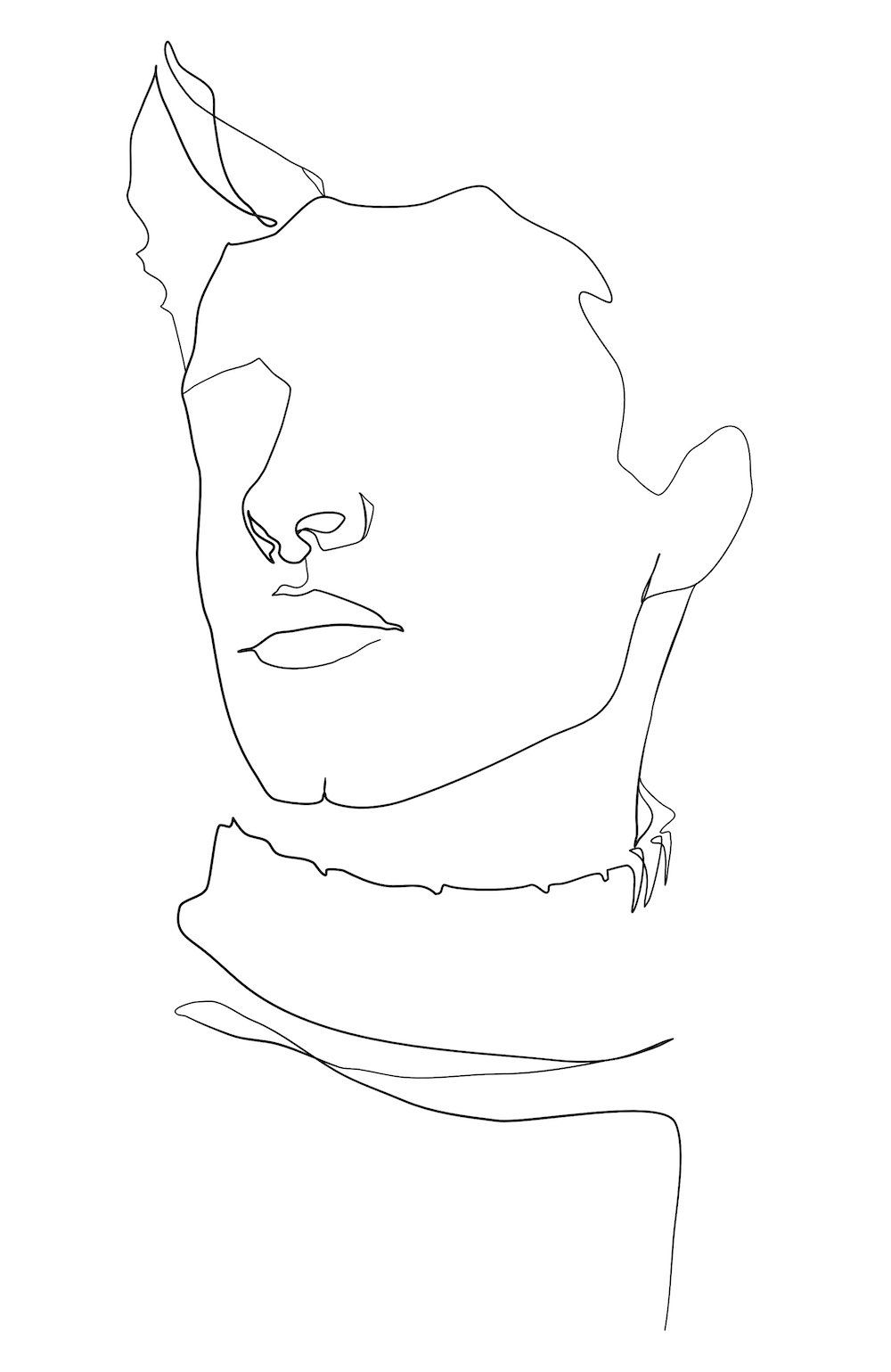 learn more about it, what causes dom drop, the techniques to manage it and how to prevent dom drop from happening.
learn more about it, what causes dom drop, the techniques to manage it and how to prevent dom drop from happening.
What Is Dom Drop?
Dom drop often involves low feelings such as depression or guilt. Those feelings can seem all the more challenging when they come after a sexy and intense BDSM scene.
Side note: If you are currently struggling to orgasm during sex or masturbation, then you may want to learn about the Easy Orgasm Solution. It will teach you how to have multiple vaginal and full body orgasms during sex and masturbation. It works even if you currently struggle to orgasm during sex or when masturbating. You can find out more here.
Top drop is temporary. You can think of it as similar to the refractory period needed after ejaculation before another erection is possible.
So what causes it?
What Causes Dom Drop?
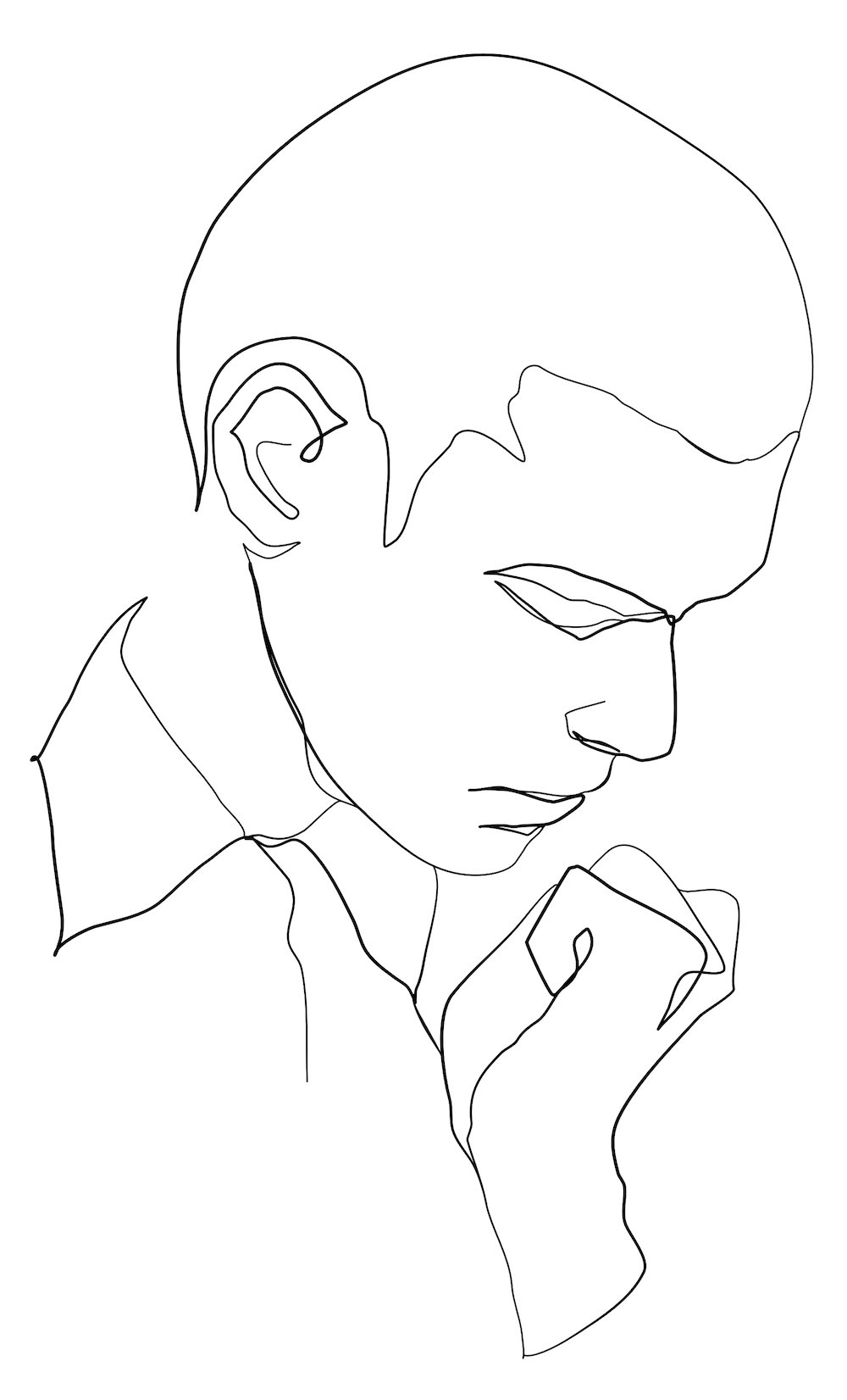
In practical terms, dom drop may be the result of the physical and mental work that a dom puts into a scene. As the dominant, you plan and manage a scene to meet your partner’s desires while caring for their safety. All the while, you might be swinging a flogger, wielding a paddle, or tying intricate knots.
Related: 13 Bondage Positions to Try in Your Next Scene
Intense Squirting: You can learn how to squirt effortlessly and with intense pleasure if you use the right techniques. If you're interested in learning how to squirt (alone and with your partner), you may want to check out the Squirting Magic guide.
To put it plainly, topping is exhausting. No wonder some people experience top drop afterward, especially if the switch from playtime to reality is jarring. Some folks even find themelves crying after sex and bdsm sessions.
This doesn’t mean that dominating someone is negative. In fact, many people describe topping as similar to being in a state of flow when time seems to pass differently because you’re so in the moment. Some people call this domspace, which is different from the state of mind that submissives experience. In subspace, you’re more likely to feel euphoria. Still, you’re both flooded with feel-good hormones and may feel especially bad once they’re used up and need time to regenerate.
The differences between domspace and subspace might be one reason why dom drop differs from sub drop. Another element that plays into the psychology of dom drop is that you’re technically hurting your partner. They may ask for it, love it, and want to do it again, but doing things that some might consider depraved can take a toll on your conscience, especially if you don’t come from a sex-positive or kink-friendly environment.
Related: What Is Sub Drop & How To Deal With It?
Some suggest the top drop might even be a form of grief in response to “a loss of the old self, the old identity” that can happen through intense experiences such as a BDSM scene [1].
Finally, dom drop might be different if the scene didn’t go as you’d hoped. You might be more likely to feel guilty or disappointed in yourself, especially if there was potential for your partner to be harmed.
Does Everyone Experience Dom Drop?
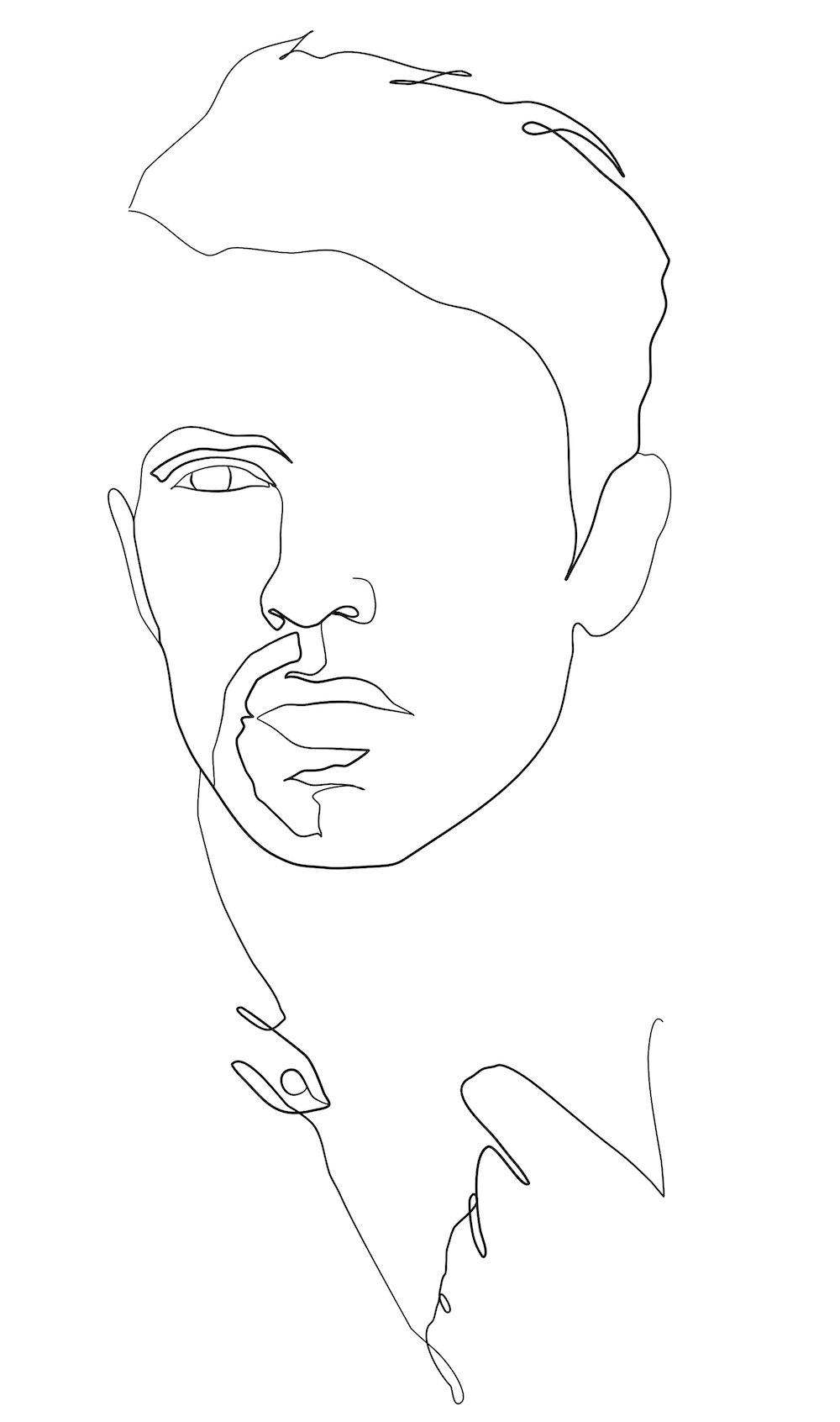
Not every dominant or top gets dom drop. Furthermore, just because it has happened once doesn’t mean it will always happen–or happen ever again.
Talk dirty confidently: It's surprisingly easy to turn a man on and have him lusting for you, by using a few simple dirty phrases. You'll find these dirty phrases in the Wild Dirty Talk Guide. You'll also learn how to confidently say them.
Finally, don’t be fooled into thinking that top drop only happens with an intense scene. That’s not always the case.
Related: What do dom and sub actually mean.
Techniques to Manage Top Drop
Now that you know what dom drop is and why it happens, you probably want to know if there’s something you can do about it. The answer? Usually, there is!
1. Self-Knowledge
Because top drop often includes negative feelings about yourself, the best tool to combat it may be to really get to know yourself. If you’re sure that you’re a caring person with good motives, it’s that much harder to feel bad after spanking someone black and blue. Consider those times when you put others’ needs above your own.
Related: How to Spank Your Husband
Next, think about the environment that you were raised in. Was it vanilla or prudish? Is there subconscious guilt or judgment about your interest in kink (or sex in general) that might become worse after you top your partner? These feelings can remain for a long time, even if you’re not aware of them, and they often do more harm than good. Talking about them with your partner may be helpful, but if you’re struggling severely, it might help to see a professional, too.
2. Communication
Before the scene – While communication might seem too simple to help with dom drop, it’s actually a powerful tool. Talking about what you want before a scene assures the dominant that these activities are desired.
Discuss boundaries – On the other hand, discussing boundaries minimizes the risk that the dominant can take things too far, which can be quite reassuring and help combat some of the effects of dom drop. You can also discuss safety precautions such as safe words and steps to take if the scene doesn’t go as expected.
Related: 8 BDSM Rules to Keep It Safe, Sane, and Consensual
Safe words – You might want to practice using a safe word, too. And submissives should be comfortable giving feedback during a scene. In fact, giving feedback can be a submissive task you assign to your sub. With these reassurances, dom drop shouldn’t strike as hard.
Trust – Of course, it goes without saying that you have to trust that your partner can be open and honest about your feelings. Doubting what they say they want or feel will only make your dom drop that much worse.
One communication tool you can use is a BDSM contract.
Communication isn’t a one-way street – As the dominant partner, you need to be open about how you’re feeling and what you need from your partner, even if it means being vulnerable or giving up control and letting your partner care for you when you have dom drop. This brings us to our next point.
3. Aftercare for Dom Drop
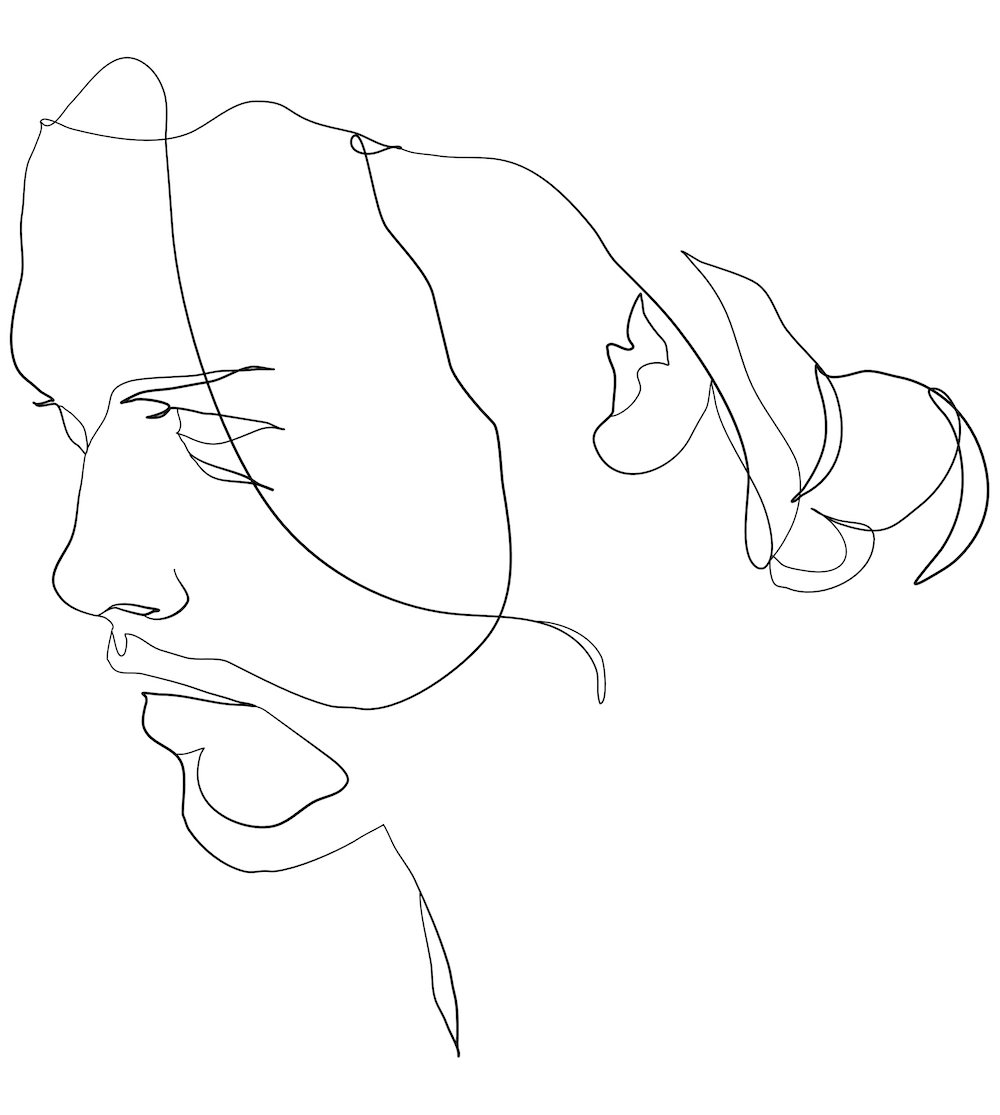
While dominants typically provide aftercare for their submissive partners, it might be up to the sub to help a partner struggling with dom drop.
Quick Warning: While this instructional video is quite distressing, it will teach you how to make your lover cry with orgasmic pleasure and become sexually addicted to you. If you are interested in having someone completely obsessed with you and only you, then check out the detailed (& explicit!) oral sex tutorial video here.
Cuddle & release – Aftercare for doms can help ease them back into reality after a scene, even if it wasn’t particularly intense. Many of the things that work just as well for dominants as they do submissives: a snack, back rub, cuddle, or a sexual release like a blow job or cunnilingus. A comedy might be just the thing to lighten the mood.
Consider things that help your partner recharge and reconnect. You might want to clear your schedule after your scene just in case dom drop rears its ugly head.
Related: 19 intimate cuddling positions.
Ask them what they need – You can also ask what would help your partner relax and reassure them that a scene was enjoyable and their skills and attention appreciated. Consider offering reassurance if there were hiccups that you still care for and trust your partner.
Learn more about BDSM aftercare.
If you’re a submissive experiencing their own sub drop, it might be hard to help your partner through their dom drop. One option is to find someone else who can help with dom drop aftercare. Kinksters have found that outsourcing aftercare like this can be a great compromise.
Find what works – As a dominant, you can also try some self-soothing activities to help with top drop. Get a drink and a snack with protein. Have a conversation with someone else. Take a walk in nature or a bath if you prefer. Those activities that you find grounding are the most useful for solo aftercare.
Possibly useful: If you want to give your man (& yourself) back-arching, toe-curling, screaming orgasms that will keep him sexually addicted to you, then you'll find them in my private and discreet newsletter. You'll also learn the 5 dangerous & "dumb" sex mistakes that turn him off and how to avoid them. Get it here.
Remember that aftercare doesn’t always happen immediately after a scene. It’s wise to check in several times over the next few days or weeks because it dom drop (and sub drop) can take a while to appear or may change over time.
4. Recognition
Sometimes simply recognizing that you’re going through dom drop can help you feel better because you know why it’s happening and that it’s only temporary. It’s similar to getting your period and realizing that your moodiness over the last week was due to hormones, making it easier to cope with.
On the other side, recognizing when a partner is dealing with dom drop can explain why they might push you away and help you respond productively because you know it’s not a reflection of you or your relationship. This helps stop you from assigning meaning that isn’t really there. Keeping your insecurity at bay can help you avoid things that might make dom drop worse for your partner.
Get more tips for being submissive.
Can You Prevent Dom Drop Entirely?
Although the tips above can help you manage dom or domme drop, you might prefer to avoid it entirely.
Avoid Triggers – You may avoid the worst of it by knowing things that trigger the worst dom drop for you. Does it seem to be worse after certain scenes or activities? You might consider those off-limits, warn your partner ahead of time, or only practice them with your most trusted submissive partners.
Because triggers can vary, it’s hard to know precisely what will send you spiraling into dom drop. Missing your long-distance partner, worrying about your sub leaving you, or playing with a new partner for the first time can also be the culprit. Specific triggers may only be an issue some of the time.
Quick Warning: This tutorial video will teach you how to make your girl scream with pleasure and become sexually addicted to you. If you are interested in having her completely obsessed with you and only you, then check out the detailed (& explicit!) pussy eating tutorial video here.
Recognize the signs – If you can’t identify all the triggers of dom drop to avoid it from happening altogether (if that’s even possible), recognizing the signs that it’s approaching or has just started may be the next best thing. With dom drop, like most things, it’s better to be safe than sorry. So gather the goodies you need for aftercare. Even if you don’t need them, you can still enjoy a snack or cuddling with your partner.
Top drop can be alarming, especially if you didn’t see it coming. But it’s not a sign that anything is truly wrong, and it won’t last forever. Keep this in mind and let it motivate you to continue dominating your partner. Don’t let dom drop get the best of you or stop you from enjoying yourself!
Now that you know what dom drop is, you know to anticipate it or understand why you’ve felt so bad after a BDSM scene in the past. Plus, with the above tips for dom drop aftercare and management, you can often avoid the worst of it and focus on exploring your kinky side with your partner.
Orgasm Every Time. Easily. Here’s How...
I want to tell you about my friend Karen.
Karen came to me one day. She was hysterical.
She told me that her marriage was falling apart because she and her husband didn’t have satisfying sex.
Every time they were intimate, Karen was faking her orgasms. It turns out she couldn’t orgasm during sex.
In fact...
She never had an orgasm in her entire life. Not one!
This left her feeling embarrassed and ashamed.
Even worse...
She stopped wanting sex with her husband, slowly driving him away, and...
Almost destroying her marriage. Thankfully...
It turns out that there is a simple solution for women who struggle to orgasm, whether you are having sex or masturbating.
I shared the process with Karen.
After she followed the simple process, she could barely come to terms with how...
Quickly and dramatically her sex life changed.
We met up a few months later and...
She would not stop talking about it,
“I thought I was one of those women who couldn’t orgasm. I used to think I was ‘broken’ and ‘unfixable.’ This saved my sex life, and that saved my marriage.”
Even if you currently struggle to orgasm during sex or while masturbating, this process will also work for you.
And best of all, you don’t need to do anything weird or uncomfortable to start having the best orgasms and sex of your life.
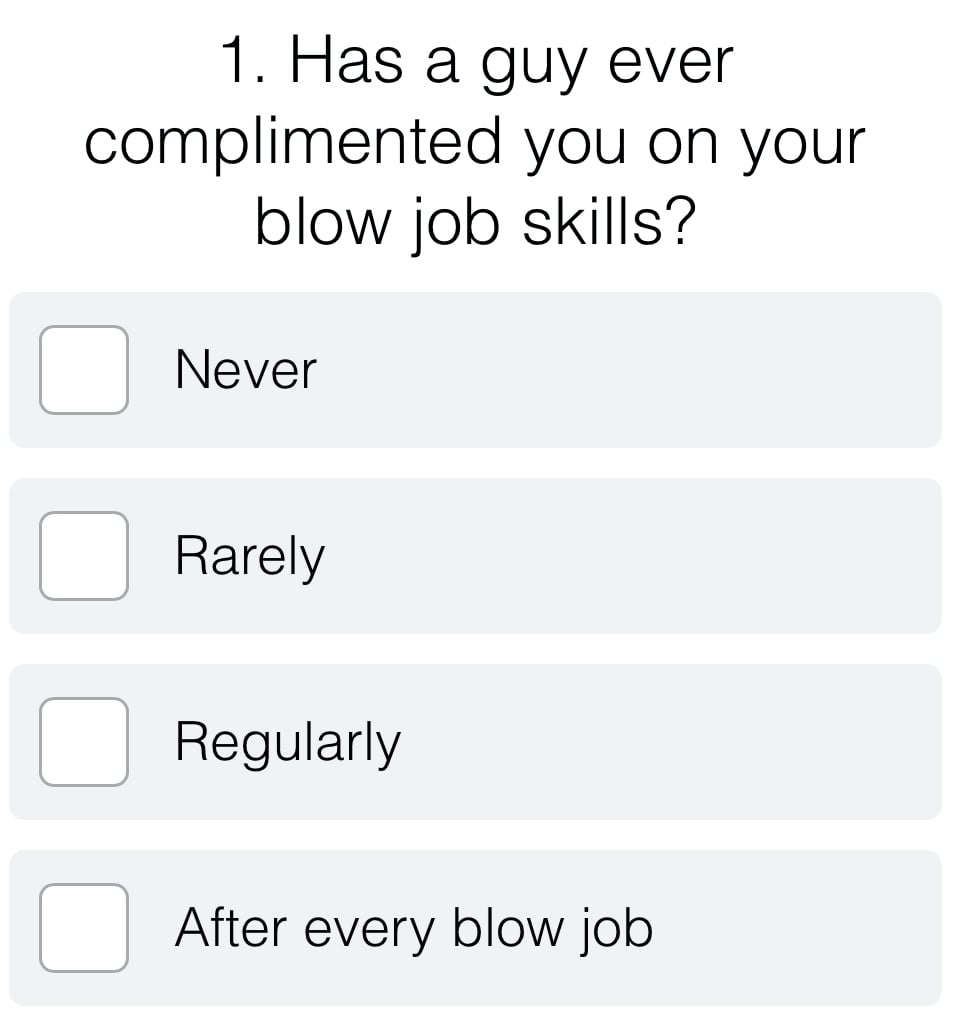

Leave a Reply